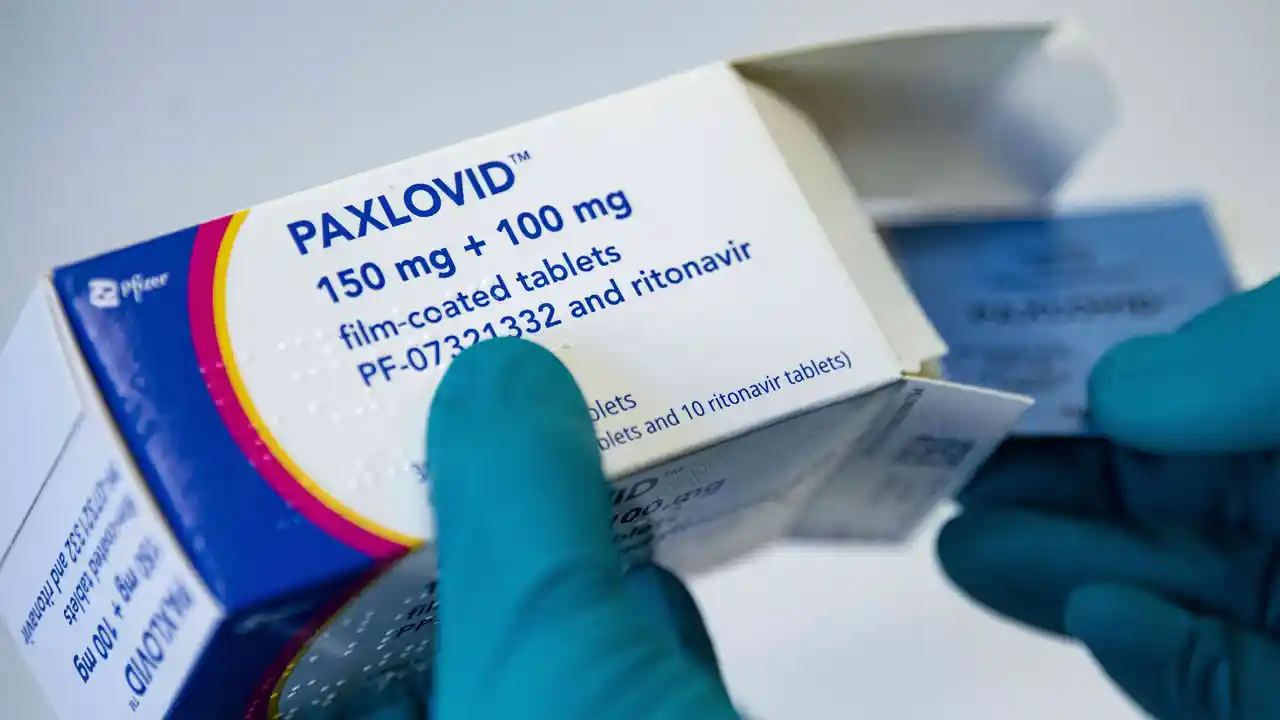Amantadine: what it treats and how to use it safely
Amantadine is a medicine you may hear about for Parkinson’s symptoms and, historically, for influenza A. It helps in two main ways: it can reduce tremor and stiffness for some people with Parkinsonism, and it has antiviral action against certain flu viruses. It’s not a cure, but it can improve daily function for many patients.
How people use amantadine
For Parkinson’s symptoms, doctors commonly start low and increase as needed. Typical doses are 100 mg twice daily; some patients use 100 mg three times a day. For flu, short courses like 100 mg twice daily for 5–7 days were used in the past, though many flu strains are now resistant and other antivirals are preferred. Your doctor will pick the right dose based on your kidney function, other meds, and how you respond.
Amantadine can help reduce involuntary movements from long-term levodopa use (dyskinesia). If you take multiple Parkinson’s drugs, your clinician may adjust doses to balance benefits and side effects.
Common side effects and what to watch for
Expect some side effects at first. The most common are dizziness, dry mouth, constipation, and trouble sleeping. Some people notice ankle swelling or a mottled skin rash called livedo reticularis — it looks like patchy purple-red skin and usually goes away after stopping the drug.
More serious effects include confusion, hallucinations, or sudden changes in mood or thinking. Older adults and people with kidney problems are more likely to have these. If you feel very confused, see visual hallucinations, have severe swelling, or sudden fainting, stop the drug and get medical help.
Don’t mix amantadine with alcohol or other drugs that make you sleepy. Combining with anticholinergic drugs (used for overactive bladder or some Parkinson’s meds) can cause confusion. Some psychiatric meds may blunt amantadine’s benefit.
Kidney function matters. Your doctor will lower your dose if your kidneys are weak. Never increase the dose on your own.
If you have a history of heart rhythm problems or severe psychiatric illness, mention that before starting. Pregnant or breastfeeding? Talk to your clinician — they’ll weigh risks and benefits.
Want alternatives? For Parkinson’s, doctors may choose levodopa, dopamine agonists, or MAO-B inhibitors depending on symptoms. For influenza, newer antivirals like oseltamivir are usually preferred.
Buying and prescriptions: Amantadine usually requires a prescription. If you consider buying online, use a pharmacy you trust and check for a real pharmacist and verified contact info. Avoid sites that sell controlled drugs without a prescription.
Final quick tips: keep lists of your meds, report new confusion or swelling right away, and ask your prescriber about kidney dosing. Small adjustments often solve problems, and many people get meaningful benefit from amantadine when it’s used carefully.
